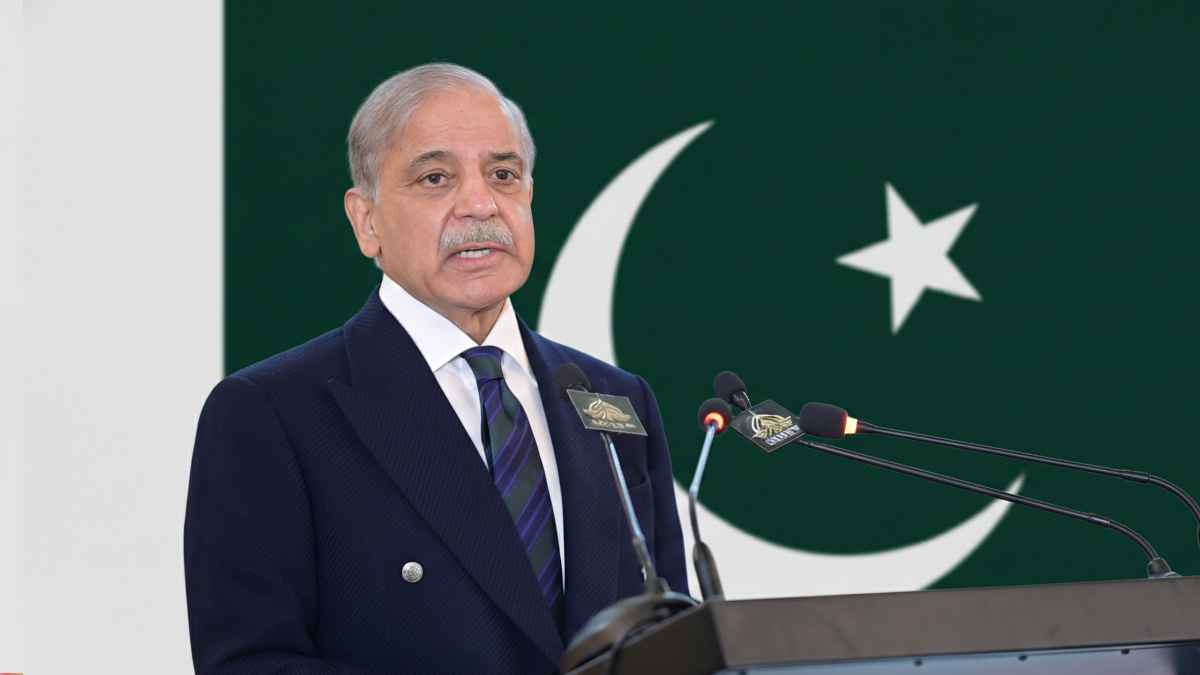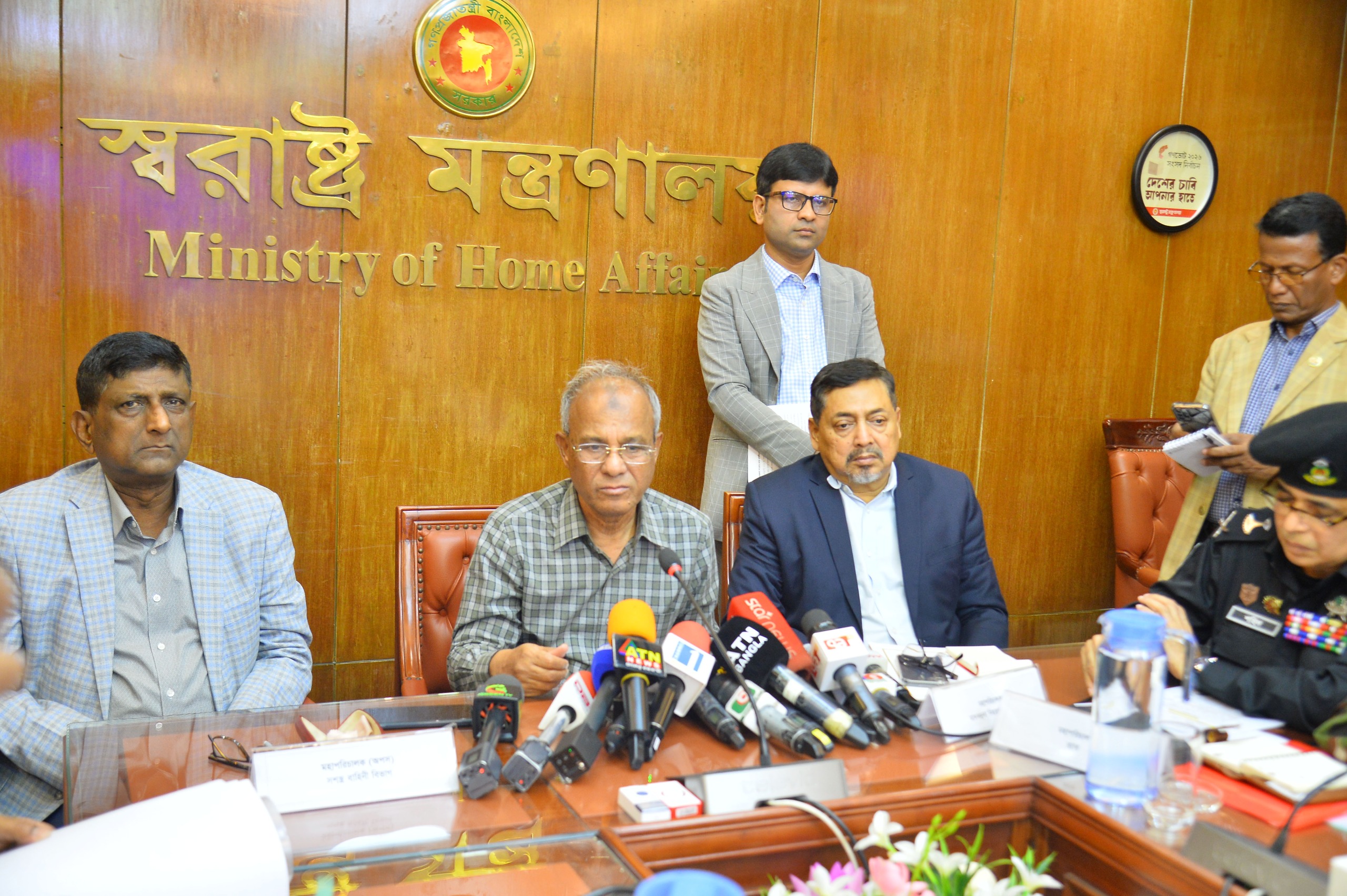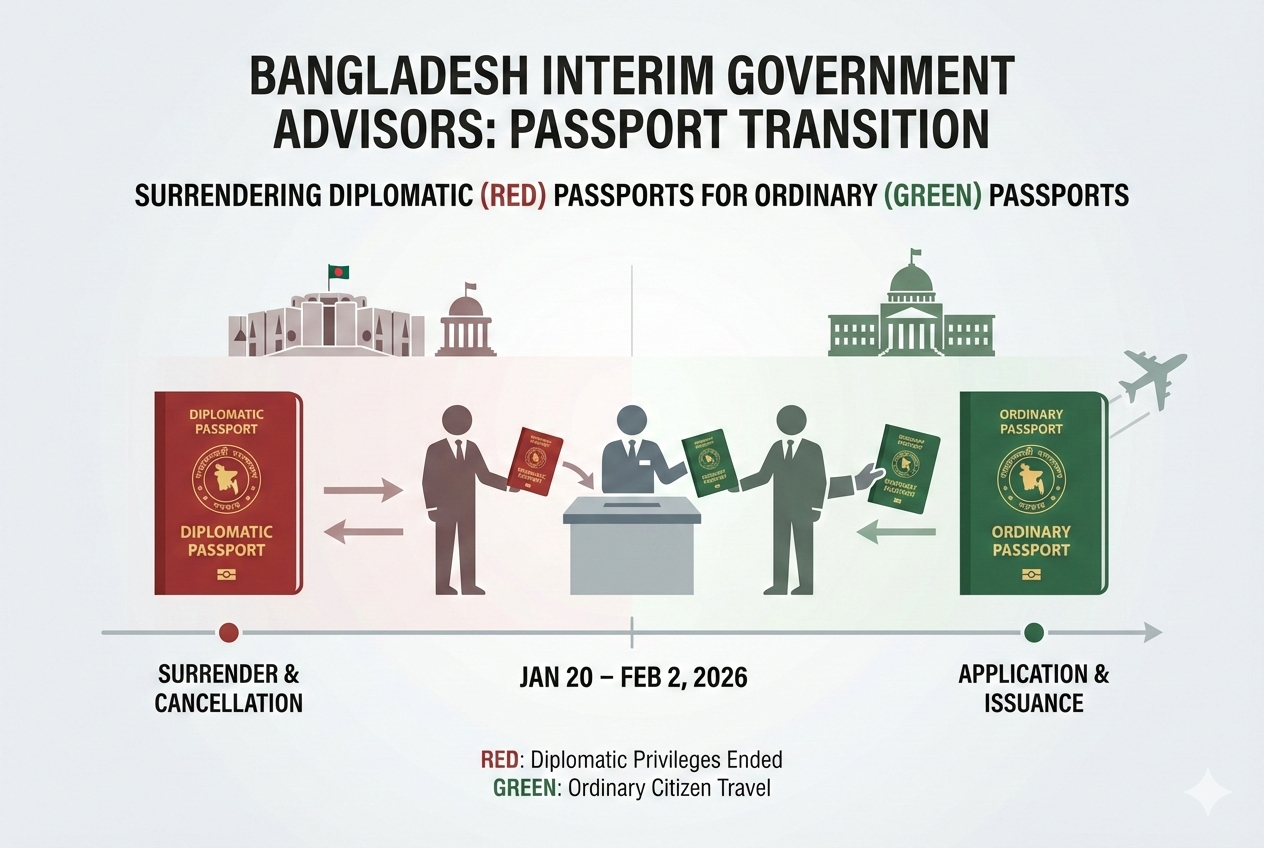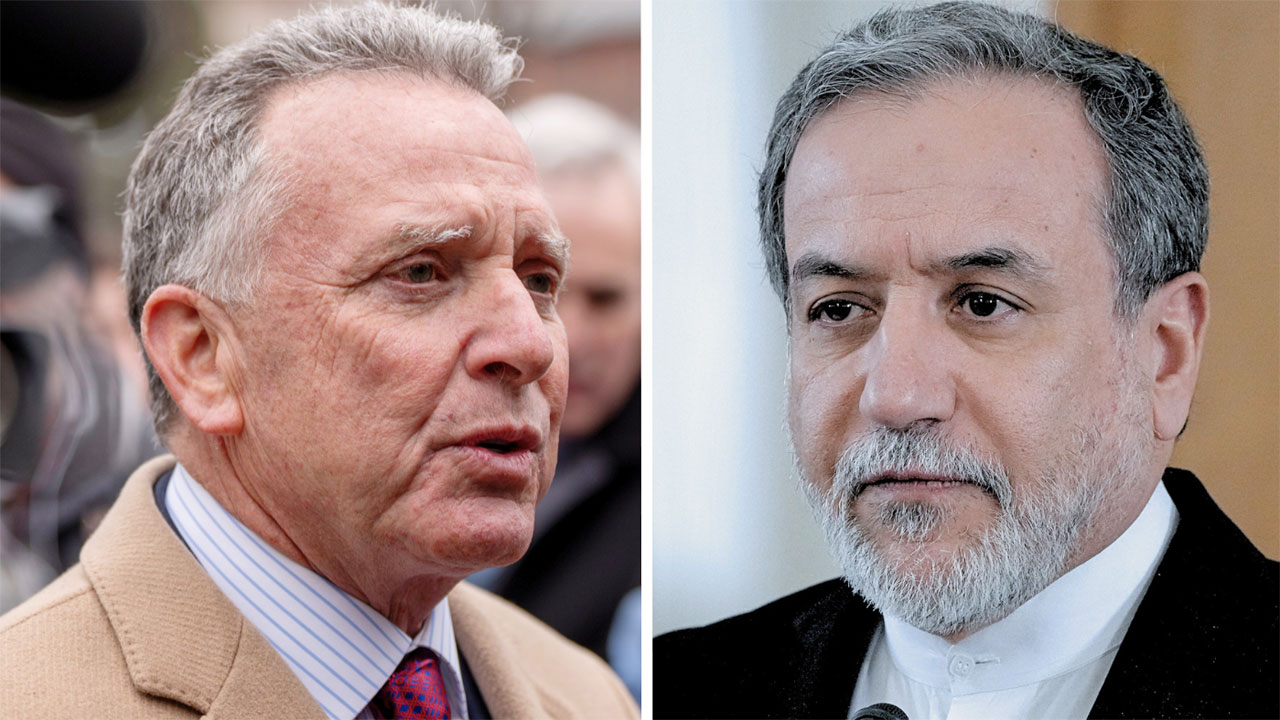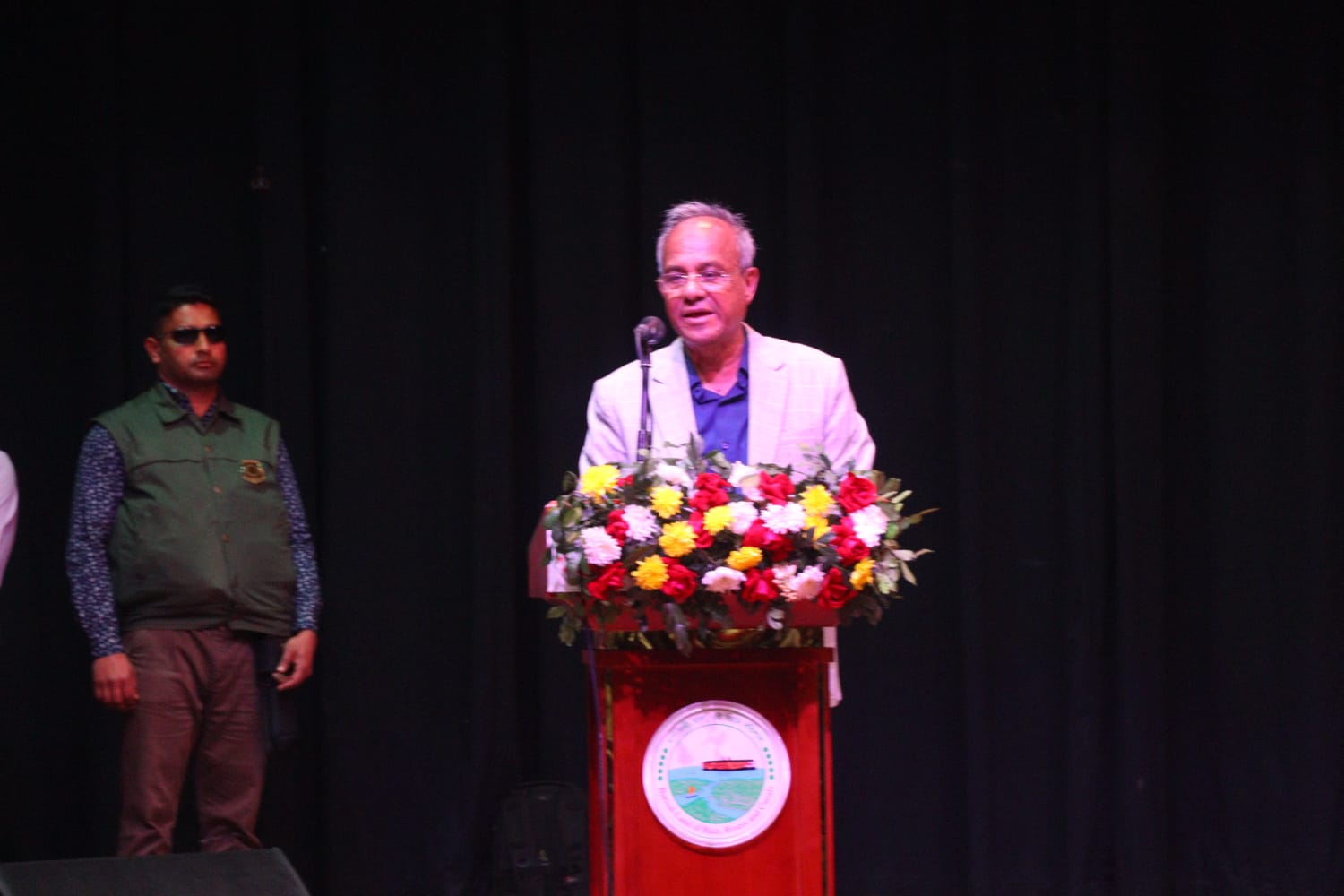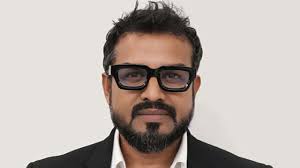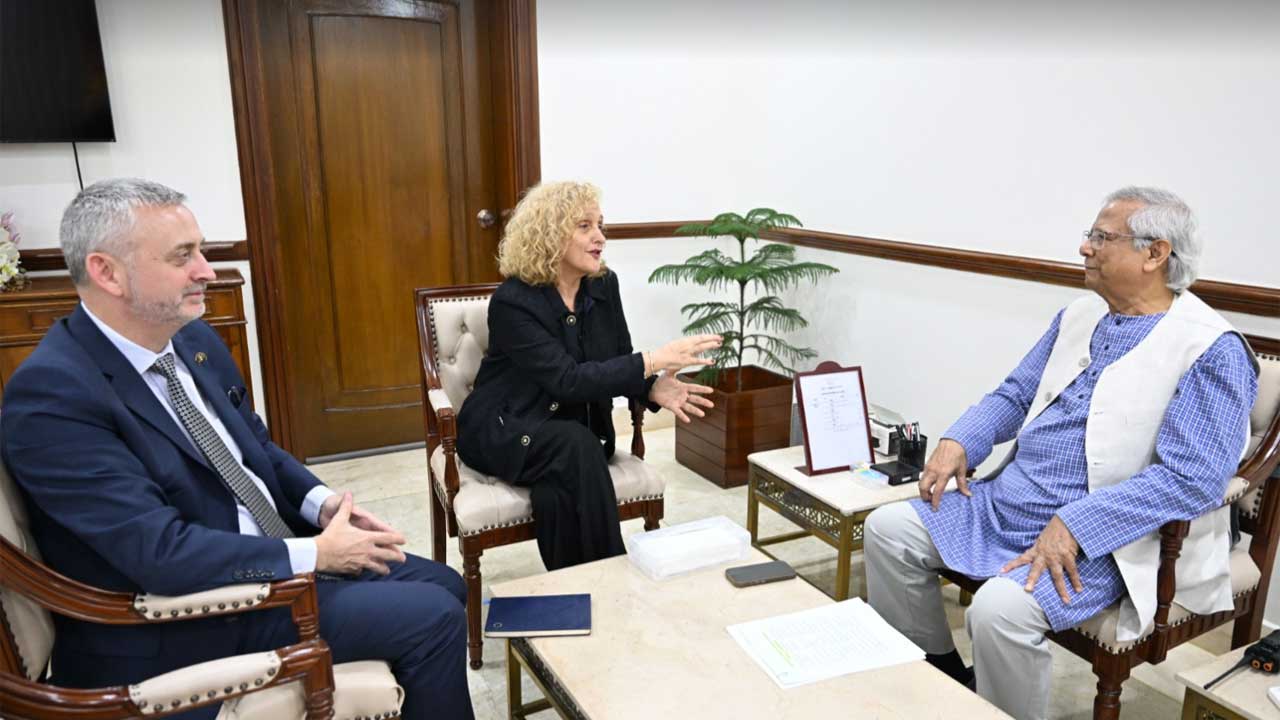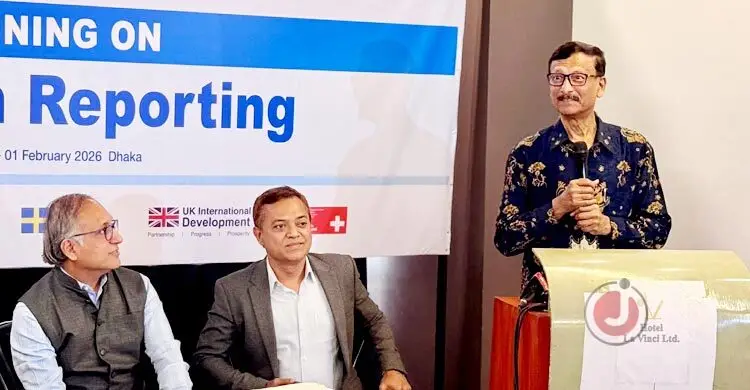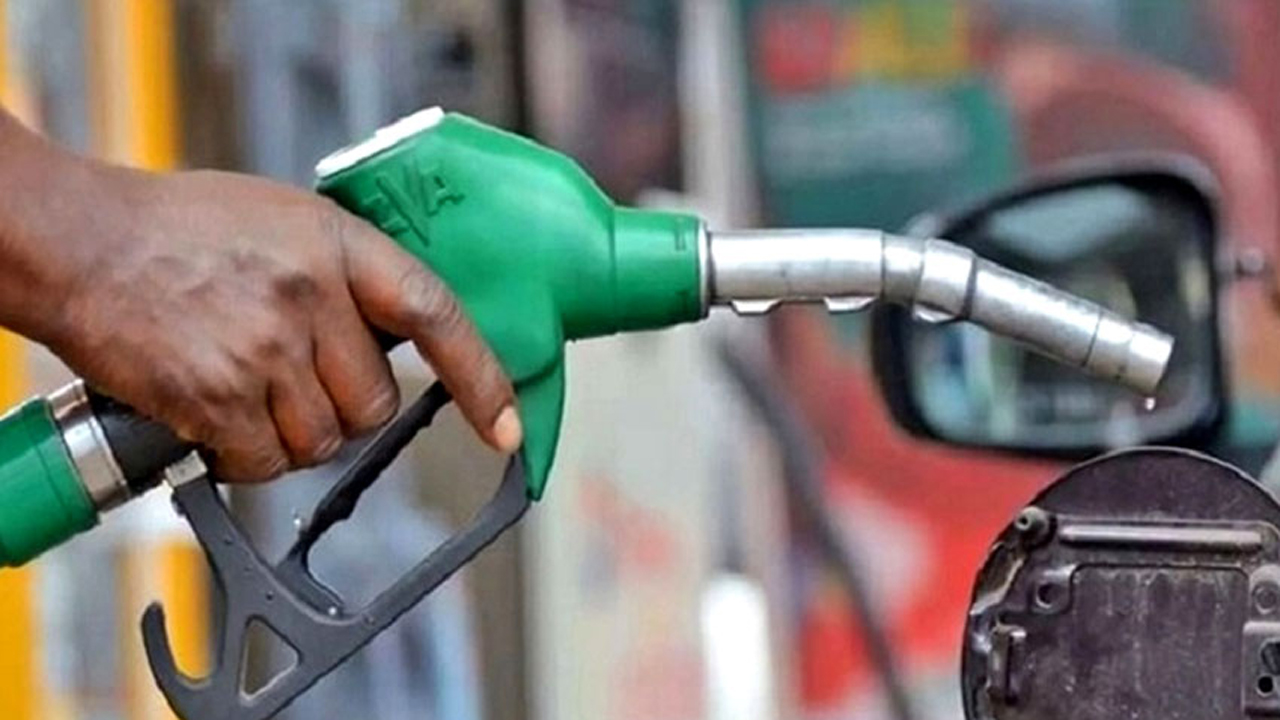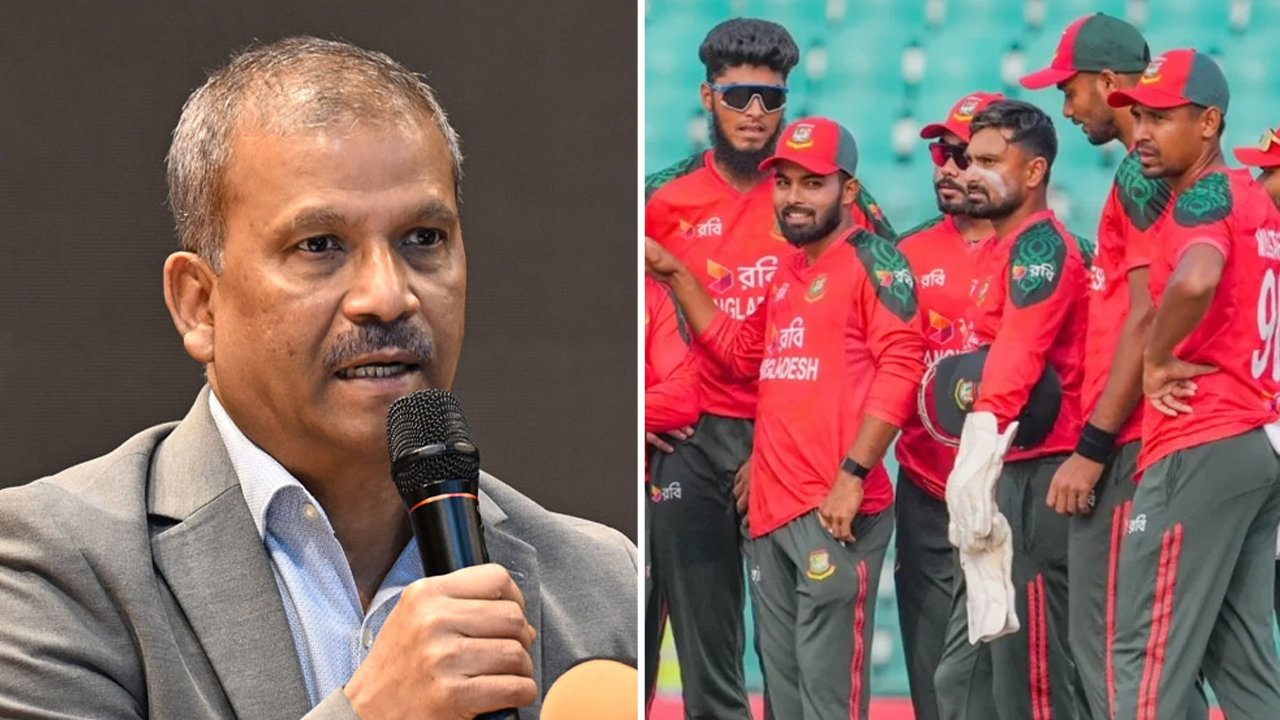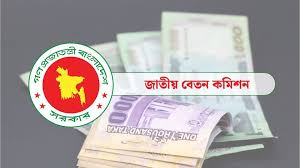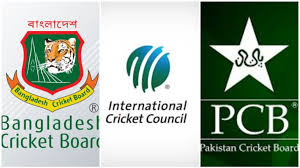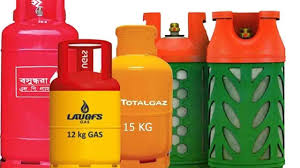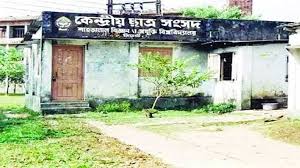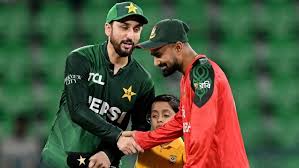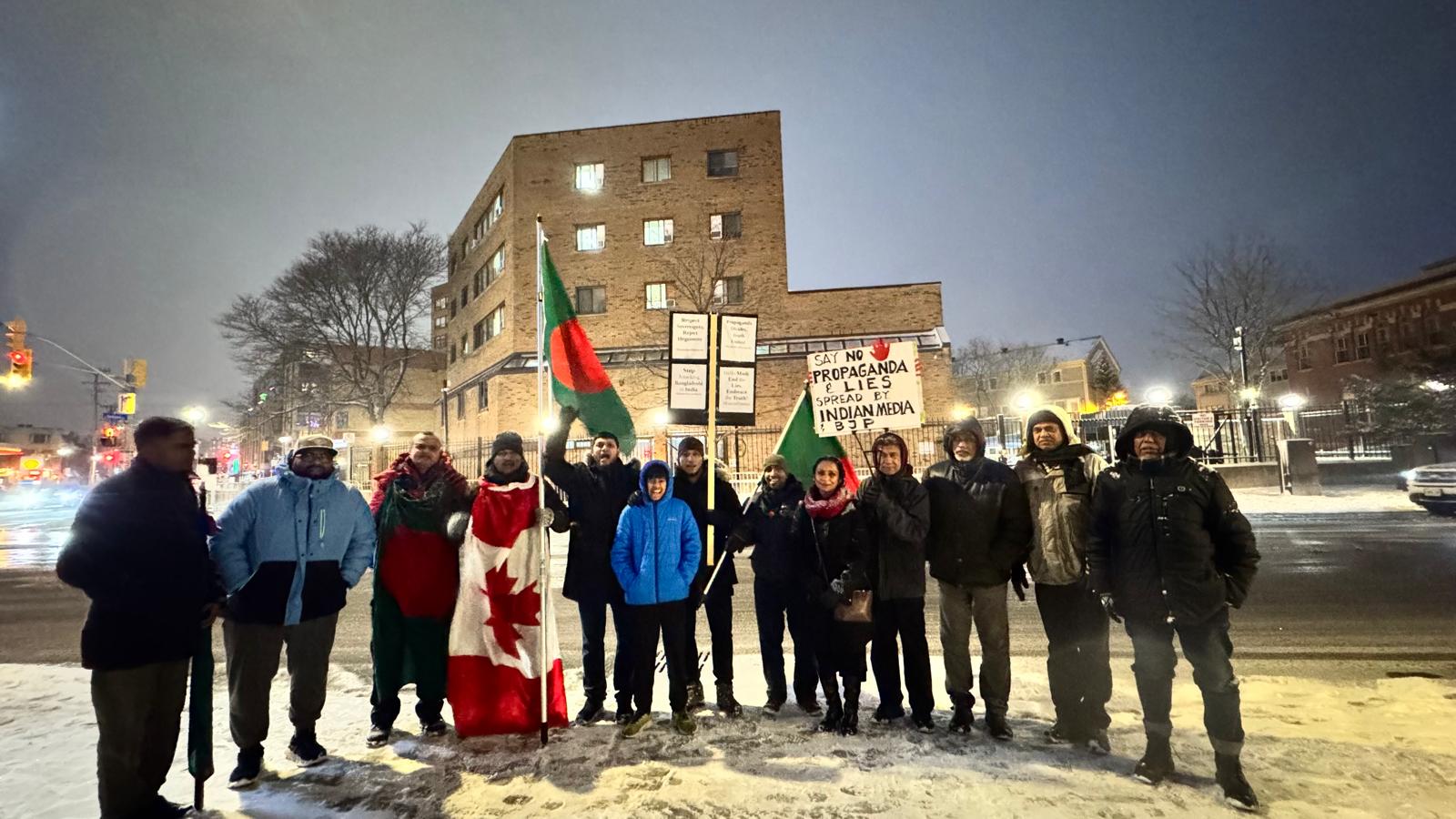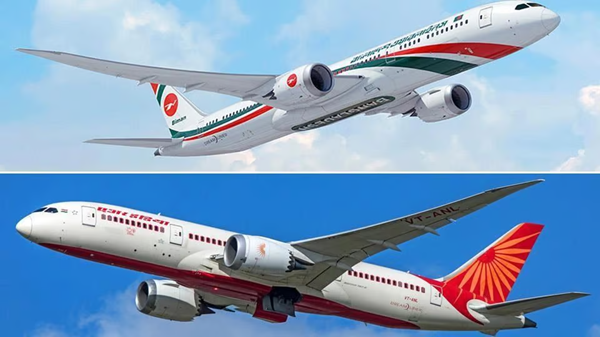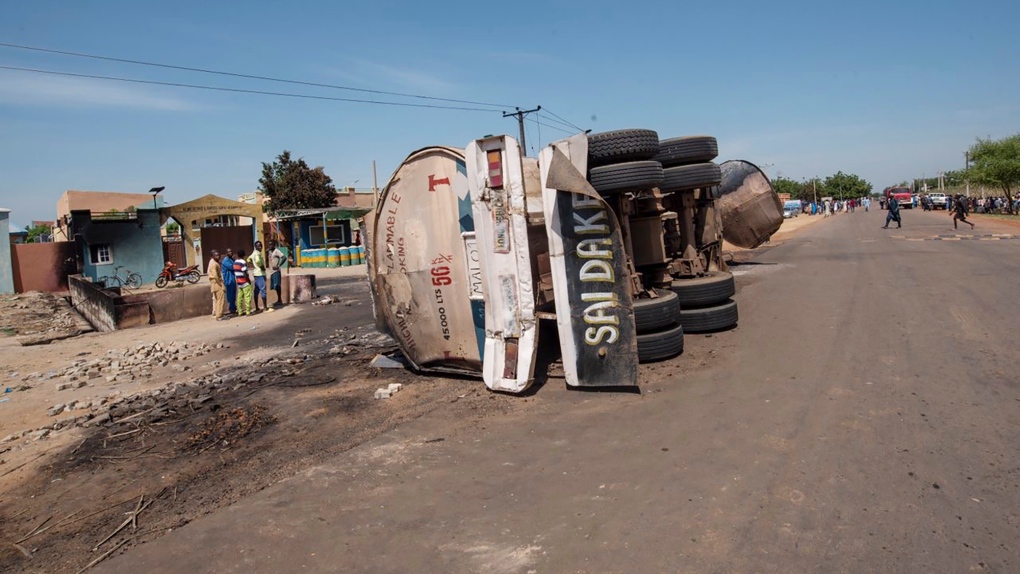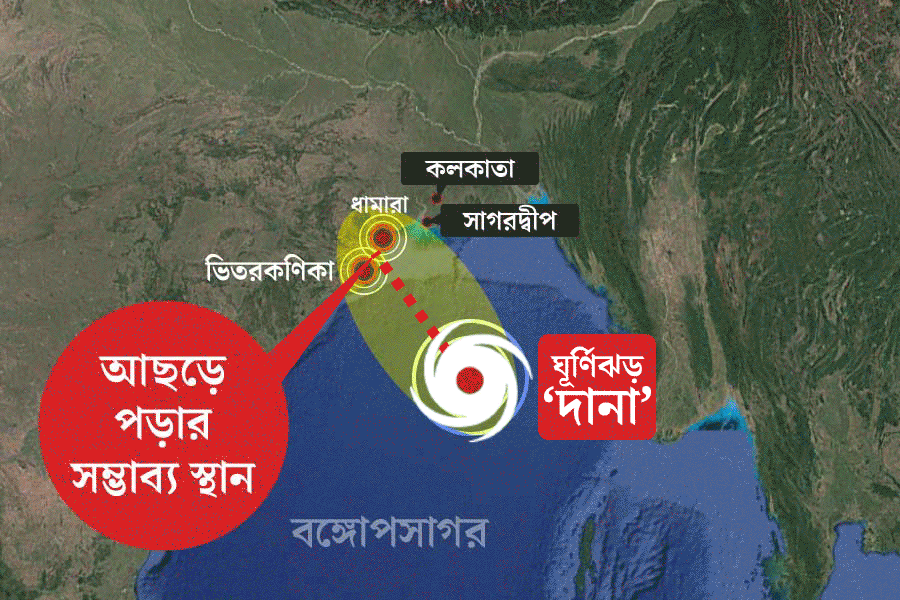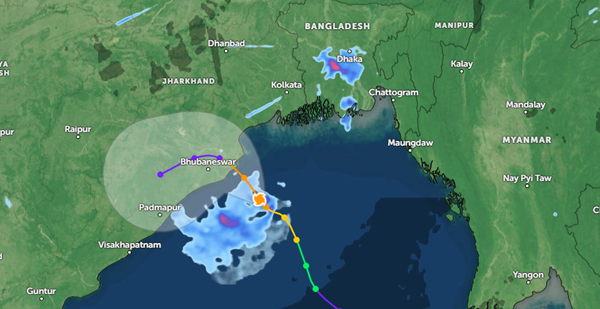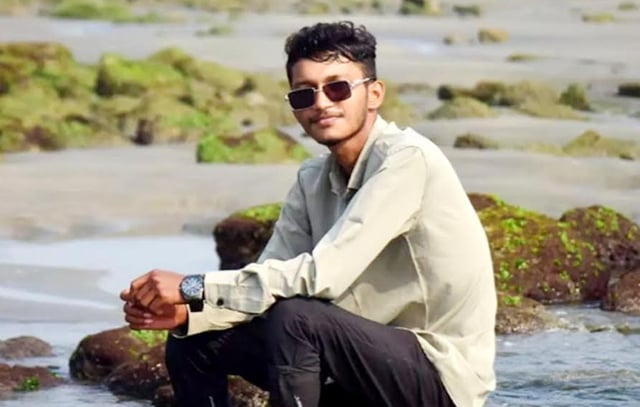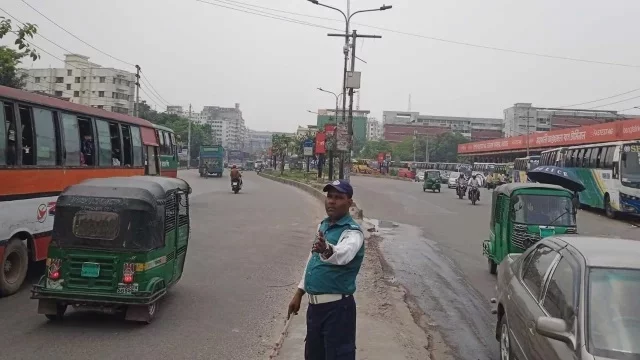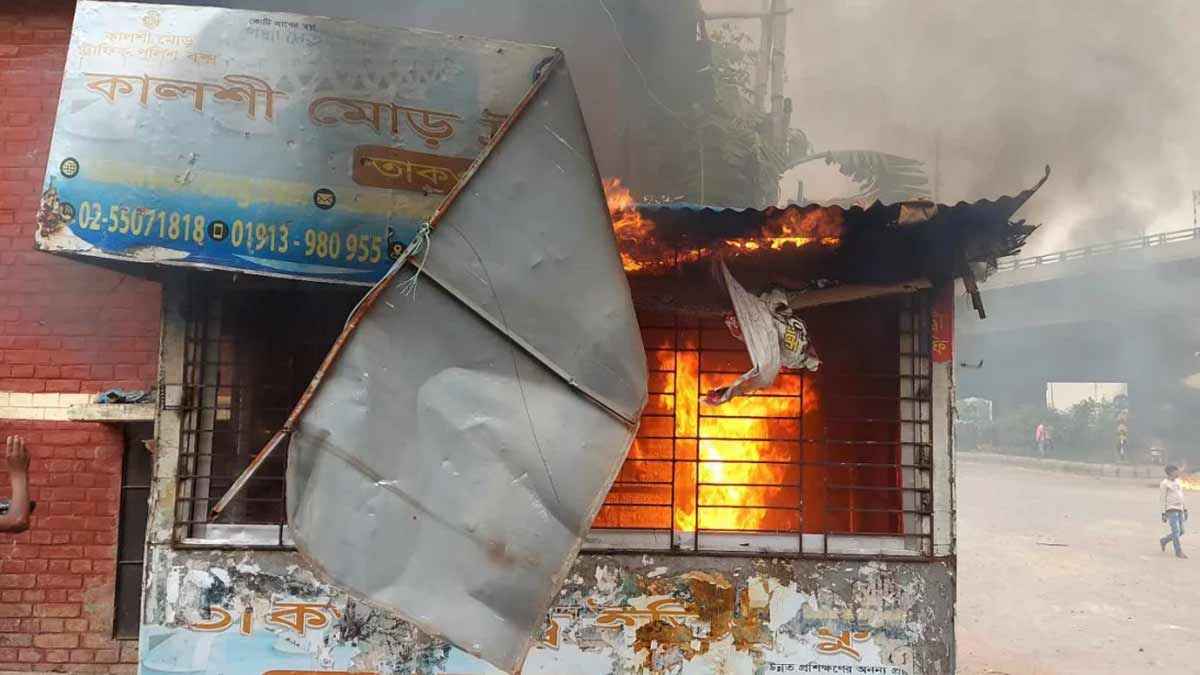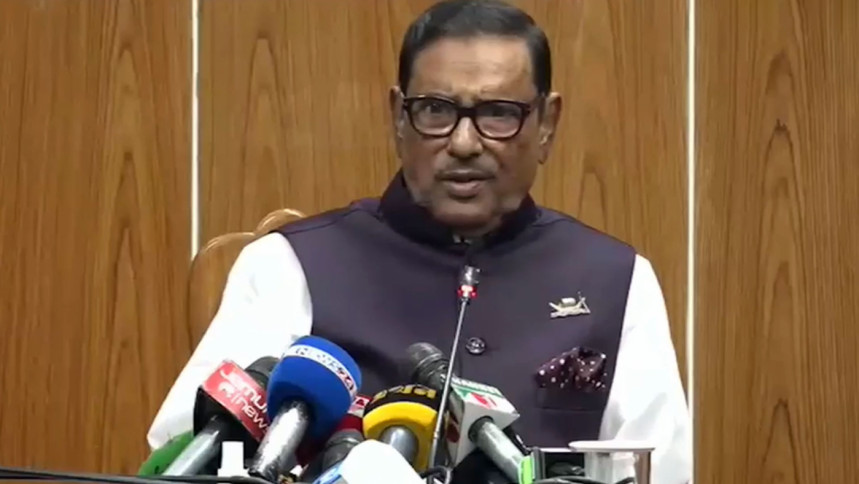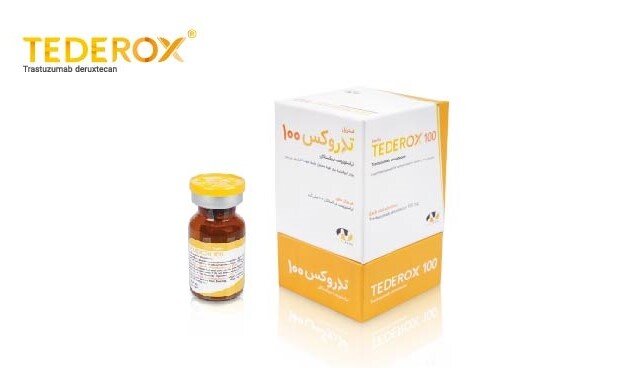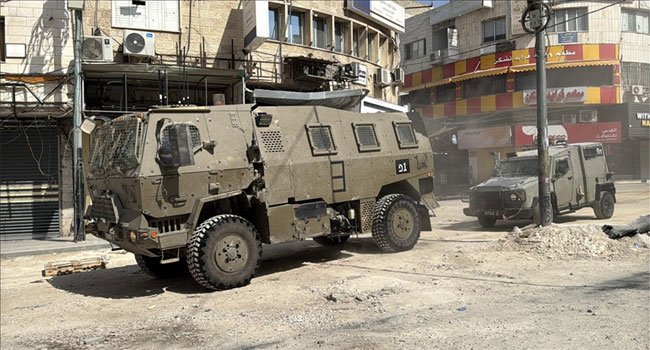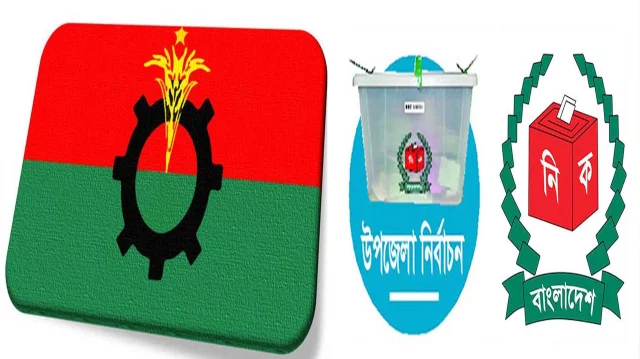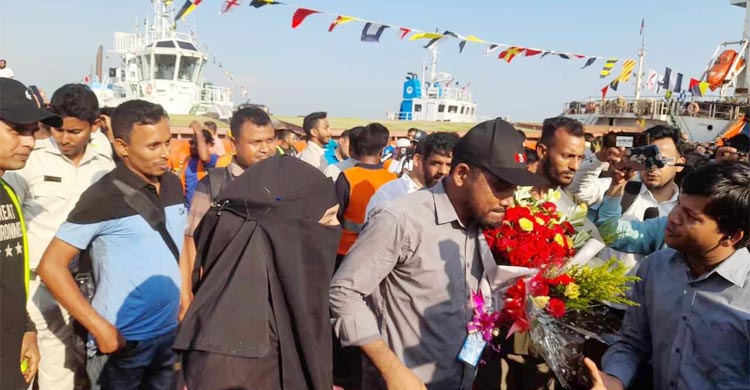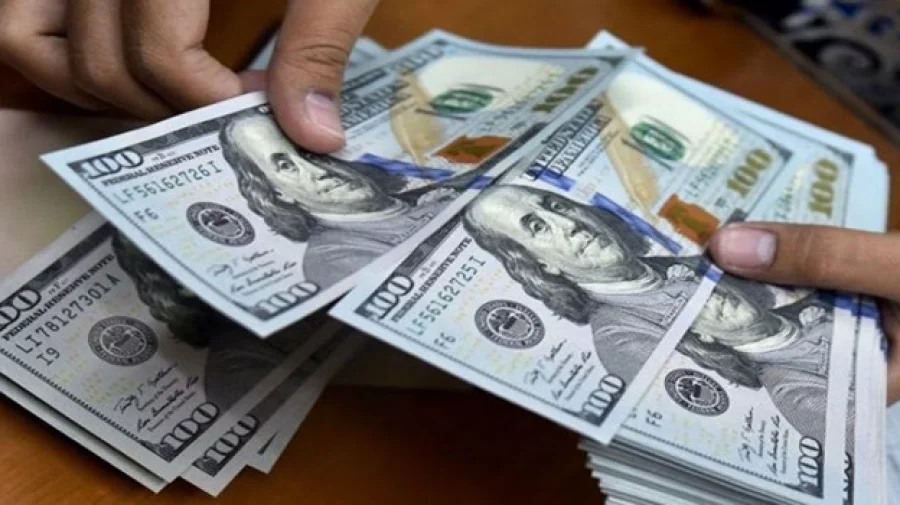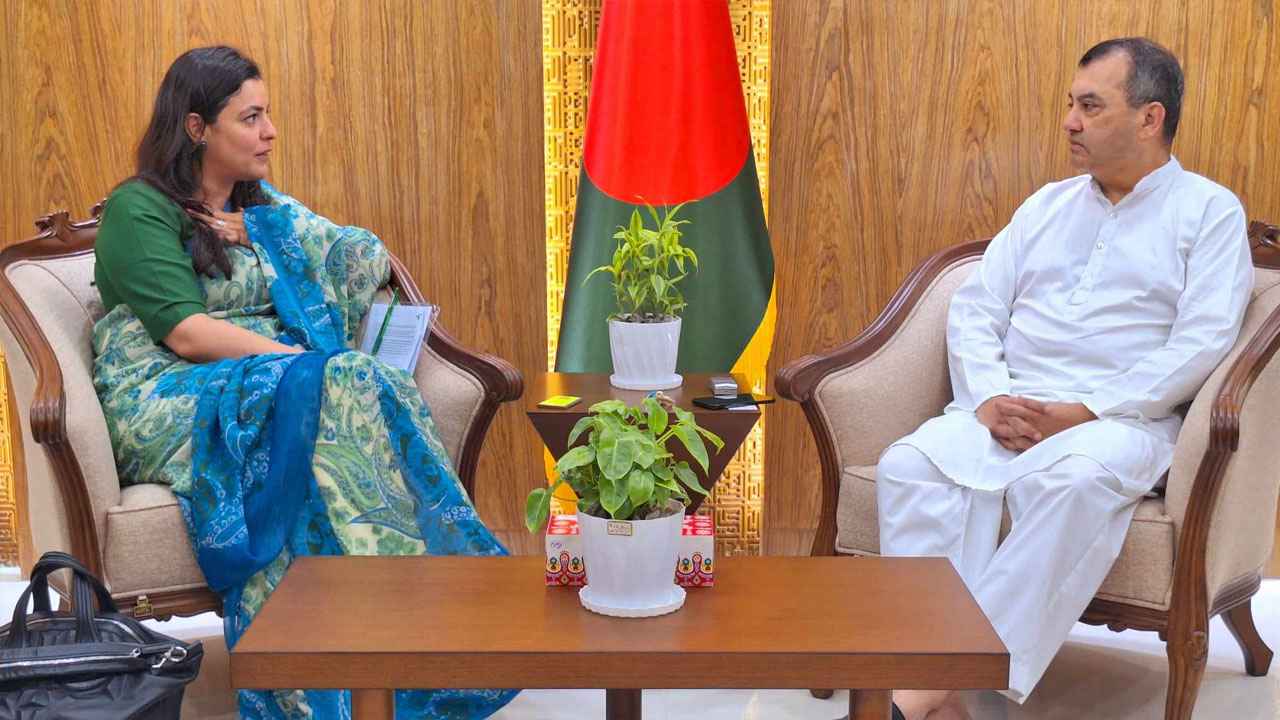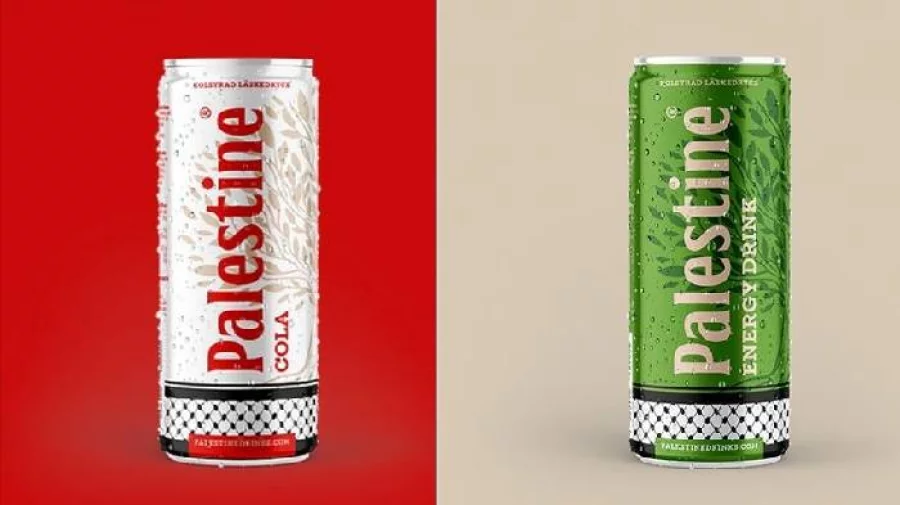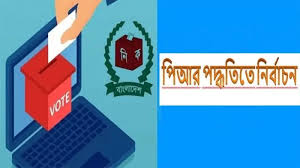
Eleven months after the interim government took office, political parties have taken opposing positions in a new debate over the electoral process.
Following the fall of Sheikh Hasina's government in the face of a mass uprising, the Constitutional Reform Commission recently recommended the establishment of a bicameral national parliament.
While the lower house of parliament will have 400 seats, the elections will be held under the current system. Of these, 100 seats will be reserved for women. They will be elected directly.
And there will be 100 seats in the upper house. The election here will be proportional, i.e., through the proportional representation or PR system. The total number of seats in the two houses of parliament will be 500.
Initially, political parties expressed their opinions on this PR method. But at the moment, the opposing positions of the parties on whether PR or direct voting have become more visible.
The BNP, one of the country's largest political parties, and some of its allies have taken a strong stance in favor of the existing system of direct voting in parliamentary seats.
In contrast, some Islamist and leftist parties, including Bangladesh Jamaat-e-Islami, and the newly formed NCPO have been strongly demanding elections using the PR system in both houses of parliament.
The question is—how does the PR system work in elections? What are its potential and potential pitfalls? What are the reasons for the political parties that have taken a stand for or against it?
What is the proportional representation system?
The system used in Bangladesh for the election of public representatives is known as 'First Past the Post'. In this system, the candidate who receives the highest number of votes among the candidates in the constituency is elected. This system has been studied for a long time in most elections in Bangladesh, including the parliament.
Another method is the proportional representation system. In this system, there are no seat-based candidates. Voters vote on party symbols. The number of seats a party receives in parliament is determined by the percentage of votes it receives.
Proportional representation is prevalent in 91 countries around the world. In this region, this system is in use in Nepal and Sri Lanka. In many places, a mixed system of these two systems is also in use.
Analysts say that although the principles are the same, each country's 'PR' is different. There is not much similarity between one and the other. In this system, elections are not held between individual candidates. Elections are held between political parties.
To put it very simply, in this system of elections, the party that receives the percentage of votes cast out of the total votes cast will receive that number of seats in parliament. For example, in the 300-seat parliament of Bangladesh, a party that receives 1 percent of the votes will receive 3 seats. If it receives 10 percent of the votes, it will receive 30 seats.
Local government expert Tofail Ahmed says, 'The conventional voting system in Bangladesh has made the people of this country hostage to so many families, so many businessmen, so many influential people. The PR system is not the only way out of this. But that opportunity is here.'
Explaining the matter, this local government expert said, "There is no reform of political parties. If the parties were reformed, that would be one way. If they went to a democratic system from the grassroots to the highest level, that would be one way."
"Without doing these things, even if you introduce PR methods, you won't be able to get rid of this easily. Because, if you do PR, their advantage will increase. Because people will vote for the party. Then the party can field candidates of their choice. Then it will be more convenient for them."
At this stage, the election analyst commented on the advantages of the PR system, "In this system, there will be no monopoly of one party. Let's say, in the PR system, the seat distribution will start from those who get 1 percent of the votes. In this, all parties may get some seats. There could be a pluralism in this."
Again, since voters cannot directly elect representatives in their areas under the PR system, there is room for question or doubt as to how the interests of the local people in the relevant parliamentary constituency will be protected by the party's elected representatives.
In this regard, Tofail Ahmed says, 'Even in the parliamentary system, the party nominates the candidate. Even there, the voter has nothing to do.'
Besides, this writer also raised another argument in favor of the PR system. He said, 'We have a single-party dominant system here. The two-party system that was there has broken down. It had also become a single-party system during the previous Awami League era. Now, in the current situation, it seems that we are moving towards that system again. The PR system can play a positive role in getting out of here.'
Tofail Ahmed has written a book titled 'Reform Dialogue (Introduction): State, Elections, Governance and Constitution'. There is a detailed discussion about this PR method.
This analyst says about another disadvantage of the PR method, 'With this method, there will be a possibility of parties intentionally nominating spouses and relatives. Because voters will vote for the party. They will not vote for the individual. Even if the list is given first, the people's choice will not be there.'
However, Tofail Ahmed believes that this inspection can be done on a limited scale at the moment. He said, 'This has happened in Nepal. It is a quite complicated system. It will be a little difficult for the people of our country to understand. So it can be considered whether this system can be implemented for half of the seats in the upper house. Since the issue has been discussed and some people are supporting it.'
Political analyst Mohiuddin Ahmed also agreed with Tofail Ahmed in this regard. Questioning why the conventional parliamentary system should be retained, he said, "PR is a system in which small parties will also have representation in parliament based on the votes they get. The big parties that think they can get an absolute majority are opposing it. Because they don't want any shareholders here."
Criticizing the conventional voting system, the author further said, "Let's say (in the conventional system) one person gets 35 percent of the votes and gets a single majority. The remaining 65 percent of the votes are received by different candidates. Then it will be seen that the representatives of 35 percent are claiming to represent 100 percent of the voters. This can be challenged."
According to Mohiuddin Ahmed, 'In many countries with a presidential system of government, if no one gets an absolute majority, at least more than 50 percent of the votes, then a runoff is held between the two candidates who received the most votes.
"That means he has to be a representative of at least the majority of voters. He has to have support. That's the logic behind the PR system. Our parliamentary system doesn't have that."
This political analyst suggested that - 'It is also possible that 300 seats in the lower house are directly voted for. And 50 of the reserved seats for women are voted for through the PR system. Along with this, all the seats in the upper house can also be voted for through the PR system. That is, a system can be made by combining both direct voting and the PR system.'
Why are BNP and Jamaat at odds over the PR system?
BNP Acting Chairman Tarique Rahman has called on all political leaders to consider whether the proportional representation electoral system could lead to a divisive society and unstable government instead of unity in the country.
He also believes that under the cover of this electoral system, the path is being paved for the rehabilitation of defeated evil forces in the country's politics, unseen by everyone.
On the contrary, Bangladesh Jamaat-e-Islami Secretary General Mia Golam Parwar has commented that the people will not accept any election without the PR system.
BNP won six seats in 2018, receiving a vote share of 13 percent, the lowest in its history. If it gets that percentage of votes in the PR system, it will have 39 seats.
Under the current system, the party won 193 seats in 2001 with 41 percent of the vote. If it gets that rate of votes in the proportional system, it will have 123 seats this time. Again, the party, which won 30 seats with 32 percent of the vote in 2008, will have 96 seats if it gets the same rate of votes in the PR system.
Meanwhile, Jamaat-e-Islami received 12 percent of the vote in 1991, its highest ever. It had 18 seats in the parliament at the time.
If the proportional system is used this time and Jamaat receives the highest 12 percent of the vote in the party's history again, its seats will double to 36.
So, this simple figure makes it clear why BNP and Jamaat have taken different positions on the PR method.
